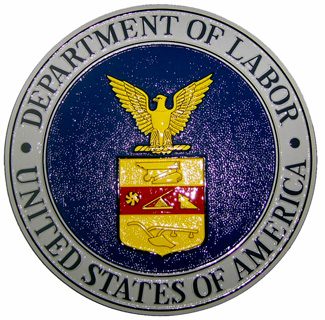
This blog post addresses retirement plans that are intended to be tax-qualified under Section 401(a) of the Internal Revenue Code (Code).
Specifically, this post will provide information related to:
- “ Coverage Testing” rules under Code Section 410(b)
- Related “ Controlled Group” rules under Code Section 414
Quite often, we see employers, particularly smaller employers, design and implement tax-qualified retirement plans without a basic understanding of how these rules apply to their plans. This results in confusion over if the plan is required to take corrective action under these rules in a particular plan year.
This blog post is intended to provide employers with a fundamental understanding of these rules, so that the plan sponsor can mitigate potential compliance issues at the time of the plan’s implementation.










